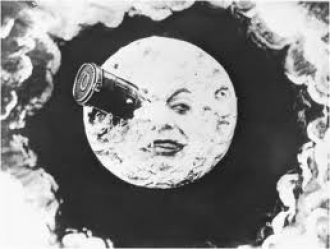The wine counter-reformation

When I was doing my military service, many years ago, the “rank and file” used to complain because sometimes military life made easy things seem at first pointless and then downright difficult. Theirs was a complaint directed at certain rather Kafkaesque bureaucratic aspects and certainly not at discipline and organisation geared towards operational ends.
I think that, similarly, in the world of wine - and in particular in a certain approach to the product – an attempt is gaining ground to make the bad seem good because of ideology or the ideological fashion of the moment. So there is now this sort of wine snobbery linked to “real wines”, which are sometimes just plain undrinkable, acescent and oxidised, or to “terroir-based wines”, which may be tart and edgy, but at least they “express their region of origin”. All of this often underplays the value of oenological and viticultural research, and progress is damned as an attempt at “standardisation” or something even worse. Then perhaps those very people who talk in these terms will damn the extremely traditional Brunello di Montalcino from Biondi Santi in a blind tasting, preferring the much more modern versions of Banfi or Argiano.
This happened just a few years ago with some very extremist members of a “forum” who cut a very poor figure at a blind tasting organised with the cooperation of the Brunello Consorzio. And it can happen, even in the world of less ideologized consumers, (and they form the vast majority), that they prefer to drink something other than those wines that are overly dependent on a theoretical, ideological - and not at all concrete - approach. It’s a bit like the story of “The Battleship Potemkin”, a great film according to many critics and a “load of bunk” for (Italy’s fictional) accountant Ugo Fantozzi and his colleagues who are forced to see it by their “bosses”.
There is a need, therefore, for a counter-reformation of wine, based not on anathemas and threats of being burnt at the stake, but on common sense and on respect for the public’s tastes, as well as on the professionalism of researchers and oenologists. There is a need to say that the standardization of taste can also be caused by oxidised wines and volatile acidity, and not only by the excessive use of new oak or of “exotic” grape varieties. It needs to be said that what is important is viticulture that is salubrious and that respects the environment, but which also forms the basis for wines that are organoleptically sound. And we must unmask those who hide their limited technical skills behind strange and mysterious philosophies of life and vine-growing, in order to make us drink anything and everything.

 Italiano
Italiano







